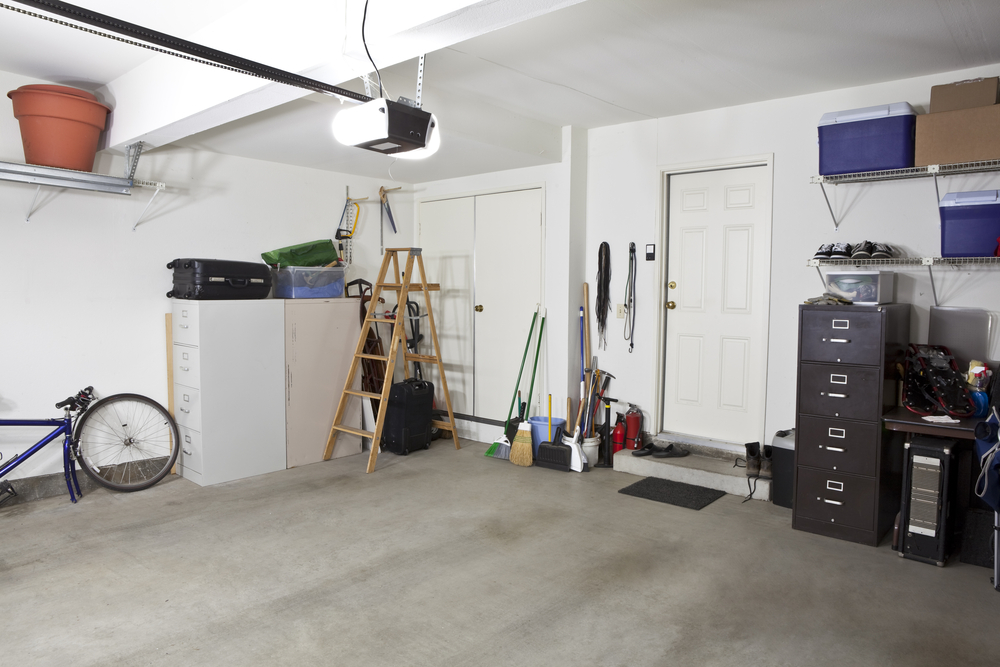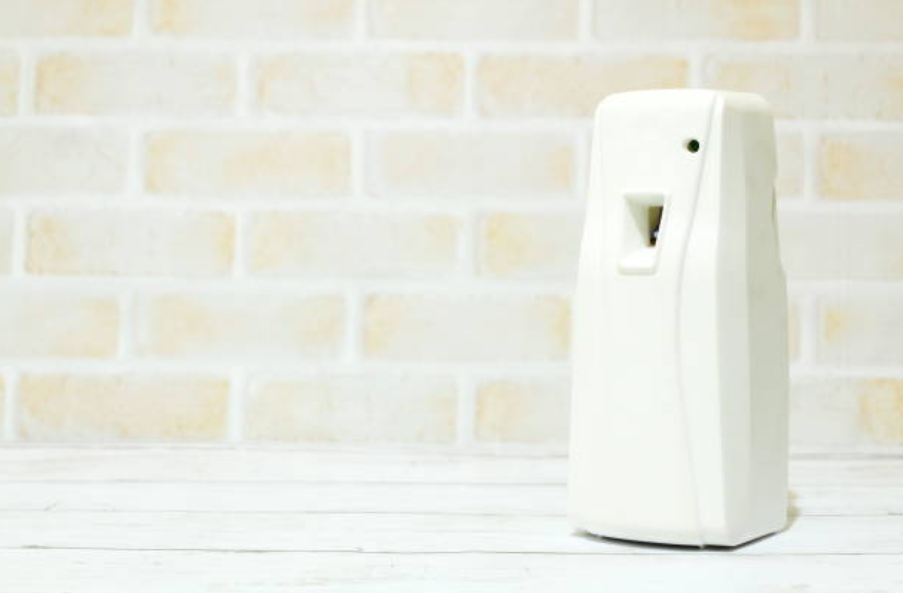Blog
4 Ways to Improve the Indoor Air Quality of Your Attached Garage

Attached garages are convenient, but they present a distinct disadvantage: they can compromise your indoor air quality and, in some cases, expose your family to harmful gasses, fumes, and other irritants.
One significant concern is the infiltration of substances like carbon monoxide, solvent fumes, and pesticide residue from the garage into your home through any holes, cracks, or openings in the wall. The pressure differences between the garage and the interior of your home can contribute to the pull of these harmful gasses and fumes into your living space.
There are many ways that you can remove garage pollutants from your home. From cleaning out your garage to installing an air purification system, there are many ways to enhance air quality.
Dangers of Poor Indoor Air From Your Garage
Respiratory problems, irritation, headaches, and more are all common symptoms of poor indoor air quality. Dirty air originating in the garage can create a number of other dangers, as well.
One of the most common dangers of poor indoor air quality from your garage is carbon monoxide. This gas is colorless and odorless, and can pose a huge risk to you and your family. If inhaled in high concentrations over a certain period of time, it can even be deadly.
Additionally, chemicals, cleaning solutions, gas, pesticides, and other items kept in the garage can emit fumes that are dangerous to family members and pets. With attached garages not being well sealed, these pollutants can easily seep into your home.
For this reason, it’s important to invest in reliable indoor air quality solutions to keep yourself and others in your home safe.
4 Indoor Air Quality Solutions for Your Garage
If your garage is attached to your home, it’s very likely that your home is hosting contaminants as well. By decreasing the pollutants in your garage, you’ll enhance your home’s air quality and make your garage a safer place.
Here are the top four ways you can improve your garage’s air quality:
1. Install a Garage Ventilation System
Enhancing your garage's ventilation is a proactive step toward ensuring a healthier indoor environment. Garage ventilation systems, equipped with fans similar to those in bathrooms, effectively expel indoor air to the outdoors. Given that starting and running your car releases carbon monoxide and other pollutants, using these fans frequently, particularly after parking or starting your vehicle, is crucial.
Beyond improving air quality, these systems also contribute to reducing pressure disparities between your garage and the interior of your house. By adopting this straightforward method, you actively mitigate the risk of harmful contaminants infiltrating your living space through gaps or openings, leading to safe and breathable air quality in your garage.
2. Limit Operation of Fuel-Operated Machinery Inside
While starting your car in the garage is inevitable, minimizing idle time is key to reducing the emission of harmful substances. When starting a vehicle, always open the garage door beforehand to ensure that fumes can exit.
This principle extends to other fuel-operated machinery, such as lawnmowers, chainsaws, and trimmers. Taking these items outside for ignition helps prevent the buildup of pollutants within the enclosed garage space.
By adhering to this practice, you not only contribute to maintaining better indoor air quality but also reduce the potential health risks associated with extended exposure to combustion byproducts. Embracing responsible practices with fuel-operated equipment ensures a safer and more environmentally conscious use of such machinery.
3. Avoid Storing Hazardous Substances
Keeping hazardous substances in your garage poses risks to both indoor air quality and safety. If storage is necessary, prioritize tightly sealed containers for items like paint, insecticides, rodent killers, fertilizers, solvents, weed killers, and fuels.
Preferably, consider removing these items from the garage entirely to minimize the potential of harmful fumes intruding into your living space.
4. Don’t Allow Smoke in Your Garage
Inhaling too much smoke can be dangerous, especially if it’s inside a closed-in space like a garage. Do not smoke cigarettes, cigars, or other tobacco products in your garage, as the smoke can easily soak into items around your home and lead to poor indoor air quality. In addition, never use a grill or smoker inside your garage.
Instead, always partake in these activities outside of your home, such as on a porch or patio. By making these small adjustments, you can improve your garage’s air.
Don’t let your garage or home suffer from poor indoor air quality. Our indoor air quality testers at Home Comfort Experts will inspect your garage and advise you on how to make the air healthier. We’ll find the right methods and devices that will improve the indoor air quality in your garage.
Contact us today to schedule an appointment with our team. We serve the areas of Northern Indiana and Southwestern Michigan.






